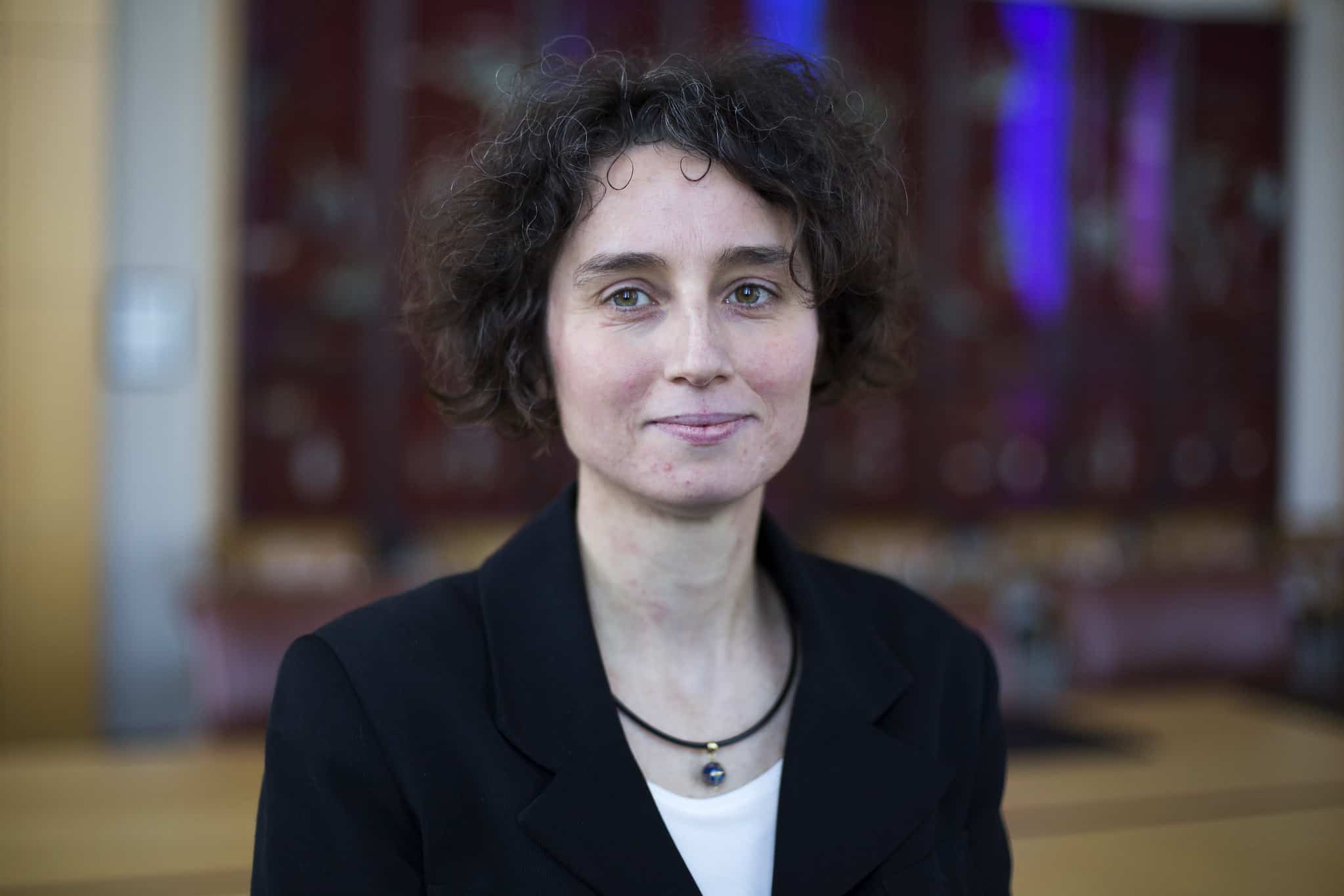
Annalisa Manera receives NRC academic grant
Manera will use the grant to advance the understanding of heat pipe behavior close to their thermal limits and more.

Manera will use the grant to advance the understanding of heat pipe behavior close to their thermal limits and more.

Annalisa Manera, a professor in the U-M Department of Nuclear Engineering & Radiological Sciences (NERS), received a $500,000 academic grant from the Nuclear Regulatory Commission (NRC).
According to the NRC, they were authorized by Congress to provide federal funding opportunities to qualified academic institutions to encourage careers and research in nuclear, mechanical, and electrical engineering, health physics, and related fields to meet expected future workforce needs. Recipients are to use the grants for scholarships, fellowships, and faculty development. Thirty grants were awarded, totaling nearly $10.7 million.
“Quality education is critical for nuclear safety in the future, not to mention the exploration of new possibilities in nuclear science and technology,” said NRC Chairman Christopher T. Hanson. “We are honored to award these grants to advance scientific research at these fine academic institutions.”
Manera’s proposed work will advance the understanding of heat pipe behavior close to their thermal limits, provide unique experimental data for model validation, and support the advancement of best estimate analysis codes needed to perform safety analyses of heat pipe microreactors.
In 2018, the Nuclear Energy Institute (NEI) issued a roadmap for the development of Microreactors for deployment by the U.S Department of Defense (DoD). Manera’s proposal states that “a critical point for a timely deployment is associated with the licensing process with the U.S. NRC—this requires the development of accurate heat pipe simulation capabilities.”
Manera’s proposal addresses the modeling challenges associated to the licensing of heat pipe microreactors by doing the following:
“In collaboration with Penn State University and Argonne National Laboratory, we will perform experiments and simulations to gain a deeper understanding of the behavior of heat pipes and advance the computational tools that will be needed by US NRC for the licensing of heat pipes microreactors,” said Manera. “It is an exciting project and a great opportunity for our group to be involved in heat pipe microreactors at such early stages and be able to contribute to the deployment of these systems.”